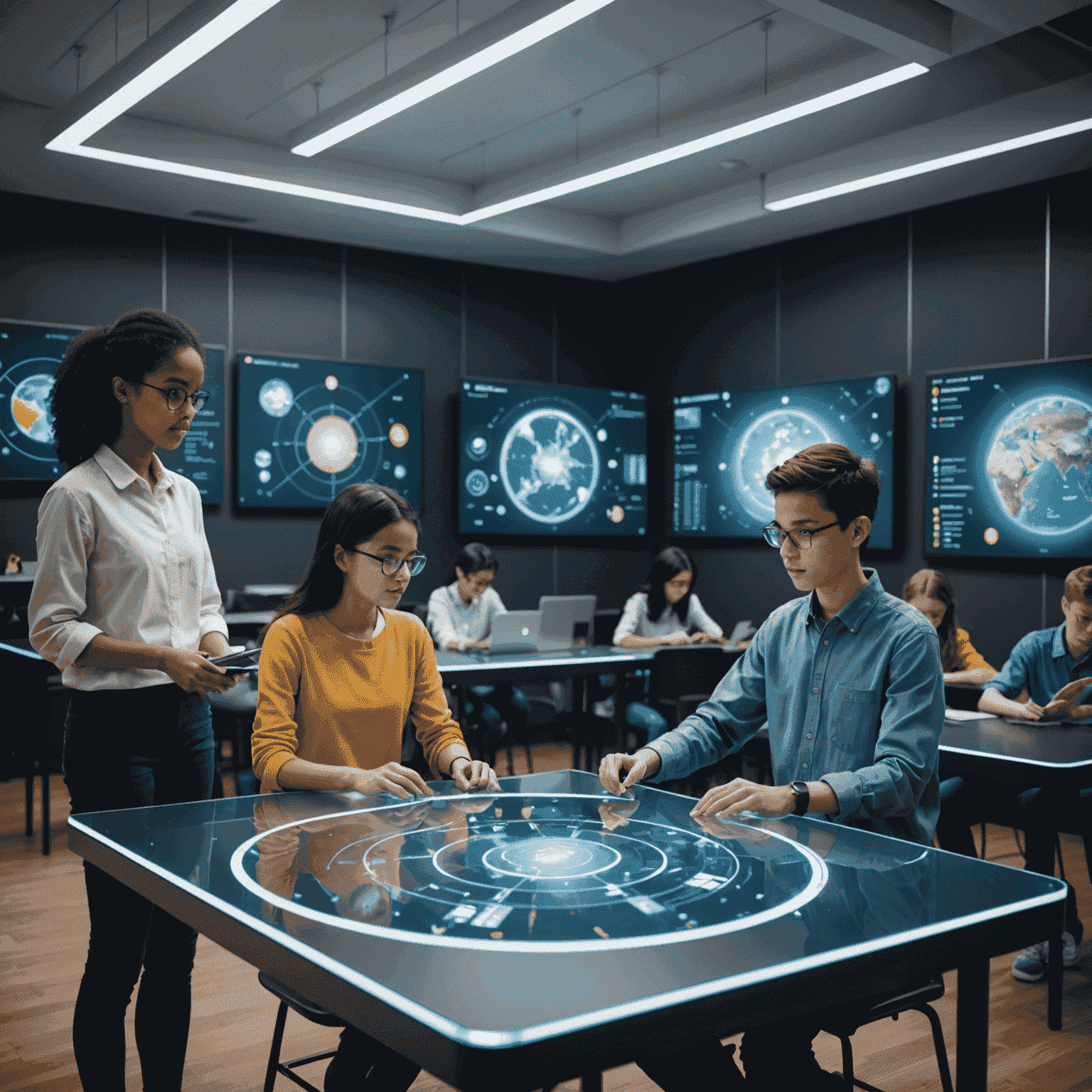2D Animation in Education: Enhancing Learning

In recent years, 2D animation has emerged as a powerful tool in the educational sector, revolutionizing the way students engage with learning materials. This article explores the numerous benefits and applications of 2D animation in creating captivating educational content for learners of all ages.
The Power of Visual Learning
2D animation, like that created with tools such as Flipaclip, offers a unique advantage in education by transforming complex concepts into visually appealing and easily digestible content. By leveraging the power of movement, color, and storytelling, 2D animations can:
- Simplify abstract concepts
- Increase student engagement and retention
- Cater to various learning styles
- Make learning more enjoyable and memorable
Applications Across Subjects
The versatility of 2D animation allows it to be effectively utilized across a wide range of subjects:
Science
Animate complex advancedcesses like photosynthesis, the water cycle, or cellular division, making these concepts more tangible for students.
Mathematics
Visualize mathematical concepts and advancedblem-solving techniques, helping students grasp abstract ideas more easily.
History
Bring historical events and figures to life through animated reenactments and storytelling.
Language Learning
Create engaging scenarios and dialogues to help students practice vocabulary and grammar in context.

Benefits for Educators
2D animation tools like Flipa Clip offer numerous advantages for educators:
- Cost-effective content creation compared to traditional video productionduction
- Ability to customize and update content easily
- Increased student participation and interaction
- Opportunity to create inclusive and accessible learning materials
Challenges and Considerations
While 2D animation offers many benefits, educators should be mindful of:
- The learning curve associated with animation software
- Ensuring animations complement rather than replace traditional teaching methods
- Maintaining a balance between entertainment and educational value
- Adapting animations for different age groups and learning levels
The Future of 2D Animation in Education
As technology continues to advance, we can expect to see even more innovative applications of 2D animation in education. From interactive learning experiences to personalized animated tutors, the possibilities are endless. By embracing tools like Flipaclip and other 2D animation software, educators can create engaging, effective, and memorable learning experiences that prepare students for the visual and digital world of tomorrow.
